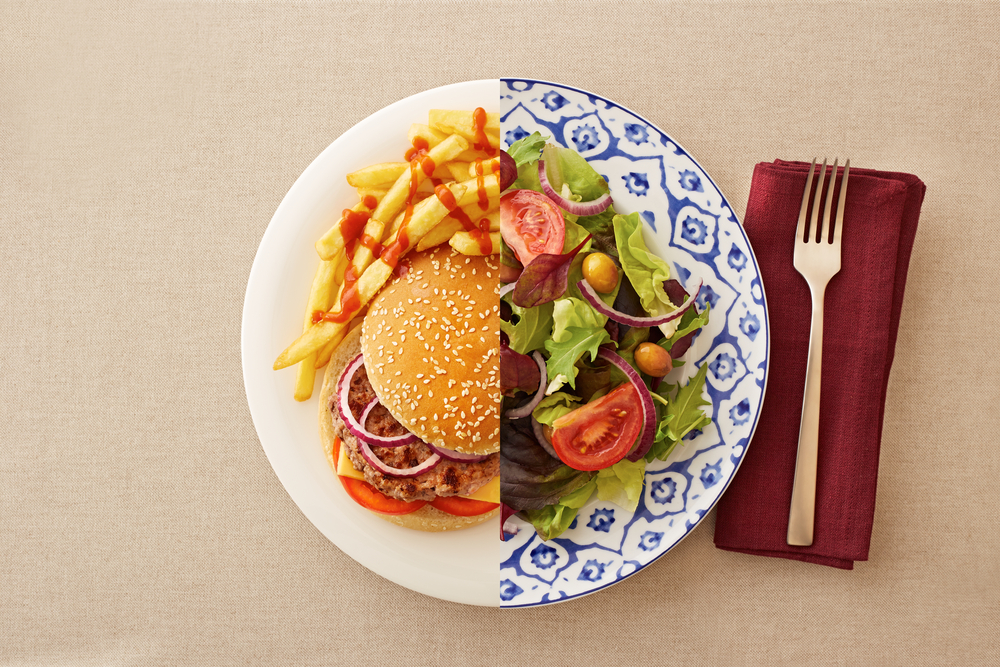Mental health issues affect millions of people worldwide, with conditions such as depression, anxiety, and bipolar disorder being prevalent. Traditional treatments often involve medication and therapy. However, recent research has shown a growing interest in alternative approaches, including dietary interventions. One such approach is the use of low-carbohydrate diets to potentially improve mental health. In this blog post, we will explore the role of low carb alternatives in mental health treatment.
I. The Connection Between Diet and Mental Health
The connection between diet and mental health has long been established. A balanced diet contributes to overall well-being, affecting mood, cognition, and emotional stability. High sugar intake, in particular, has been linked to mood swings and increased risk of depression (Sanchez-Villegas et al., 2015).
II. Low-Carb Diets: An Overview
Low-carb diets are dietary regimens that restrict the intake of carbohydrates, emphasizing fats and proteins instead. The most well-known low-carb diet is the ketogenic diet, which significantly reduces carb consumption and promotes ketosis, a metabolic state where the body burns fat for fuel.
III. Low Carb Diets and Mental Health
- Improved Mood and Stability
A study by El-Mallakh et al. (2018) found that individuals with bipolar disorder who followed a ketogenic diet reported reduced mood swings and improved mood stability. The ketones produced during ketosis may have neuroprotective effects, potentially benefiting those with mood disorders.
- Reduced Anxiety and Stress
Research by Murphy et al. (2017) demonstrated that a low-carb diet could help reduce anxiety and stress levels. Participants who followed a low-carb diet for 6 weeks reported significant improvements in anxiety symptoms. The mechanism behind this effect may involve the regulation of neurotransmitters like serotonin and GABA.
- Anti-Inflammatory Effects
Chronic inflammation is increasingly recognized as a contributor to mental health disorders. Low-carb diets, which often include anti-inflammatory foods like fatty fish and leafy greens, may help reduce inflammation in the brain (Gupta et al., 2020). This, in turn, could alleviate symptoms of conditions such as depression.
- Enhanced Cognitive Function
Low-carb diets have been linked to improved cognitive function and memory. A study conducted by Krikorian et al. (2012) showed that adults who followed a low-carb, high-fat diet for 12 weeks exhibited better memory performance compared to those on a high-carb diet. Cognitive improvements could have a positive impact on individuals with mental health issues.
IV. Considerations and Cautions
While the emerging evidence suggests potential benefits of low-carb diets in mental health treatment, it’s essential to exercise caution. Dietary changes should be made under the guidance of a healthcare professional, especially for individuals with pre-existing medical conditions.
Conclusion
The role of low-carb diets in mental health treatment is an exciting area of research. While preliminary findings show promise in terms of mood stabilization, anxiety reduction, and cognitive enhancement, more extensive studies are needed to establish the efficacy and safety of these dietary interventions fully. Before making any significant dietary changes, it’s crucial to consult with a healthcare provider to determine the most suitable approach for individual needs.
References:
El-Mallakh, R. S., Paskitti, M. E., The ketogenic diet may have mood-stabilizing properties. Medical Hypotheses, 2018, 110, 111-116.
Murphy, P., Likhodii, S., Hatamian, M., and Burnham, W. Low glycemic index diet in panic disorder. Journal of Psychiatric Research, 2017, 84, 113-117.
Gupta, L., Khandelwal, D., Kalra, S., and Gupta, P. K. The role of low carbohydrate diets in type 2 diabetes mellitus. Journal of Indian Medical Association, 2020, 118(9), 48-53.
Krikorian, R., Shidler, M. D., Dangelo, K., Couch, S. C., Benoit, S. C., and Clegg, D. J. Dietary ketosis enhances memory in mild cognitive impairment. Neurobiology of Aging, 2012, 33(2), 425.e19-425.e27.
Sanchez-Villegas, A., Verberne, L., De Irala, J., Ruíz-Canela, M., Toledo, E., Serra-Majem, L., & Martínez-González, M. A. (2015). Dietary fat intake and the risk of depression: The SUN Project. PLoS ONE, 10(5), e0122247.
(Note: This blog post is for informational purposes only and should not be considered a substitute for professional medical advice. Consult with a healthcare provider before making any significant dietary changes, especially if you have a mental health condition.)

